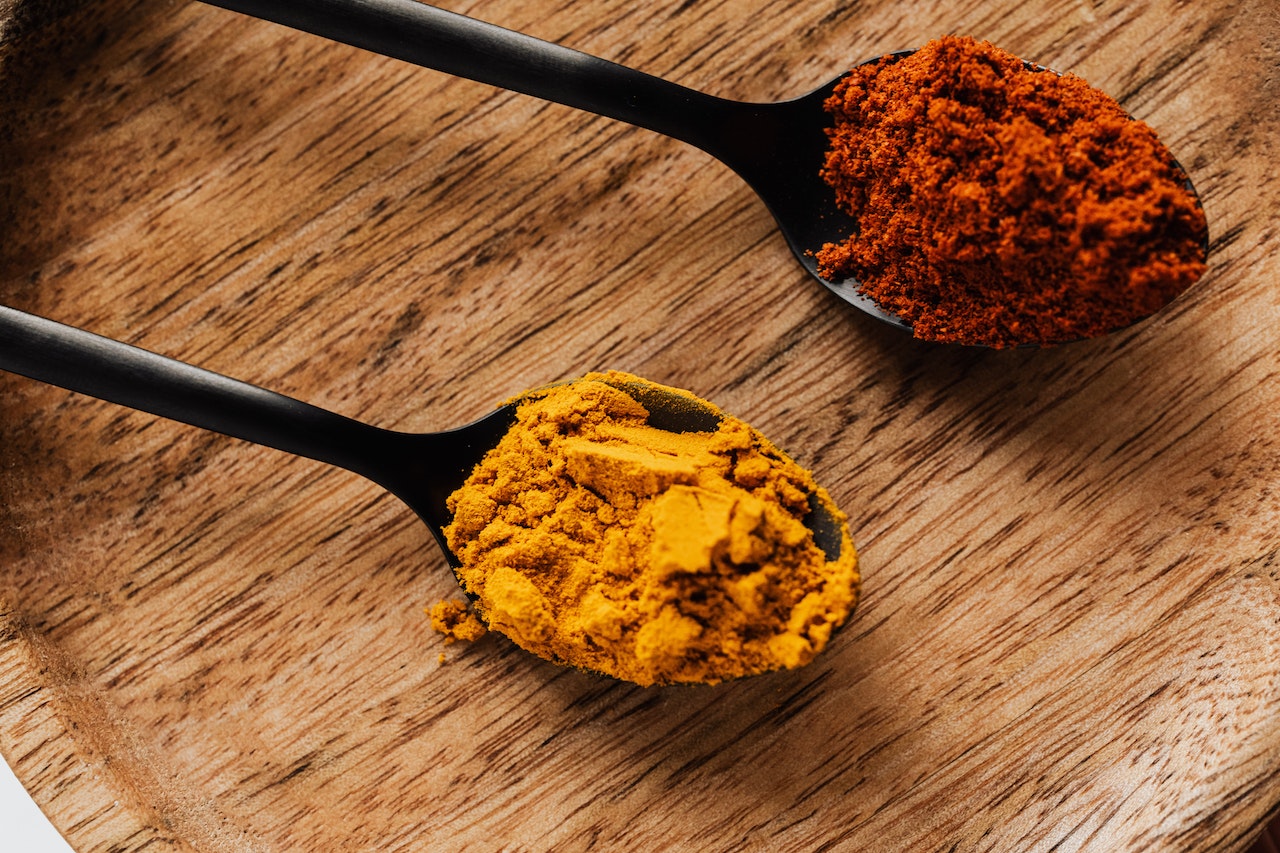Vitamin D and Fish Oil Supplements May Reduce the Risk of Autoimmune Disease in Older Adults
Your immune system is responsible for producing antibodies that fight off infections, but sometimes those antibodies attack the body’s cells, tissues, and organs. (1)
When this happens, an autoimmune disease occurs.
Autoimmune disease affects roughly 23.5 million Americans, with nearly 80 percent of those being women. (2)
While there are over 80 autoimmune diseases, the most common include: (3)
- Celiac disease
- Graves disease
- Hashimoto thyroiditis
- Type 1 diabetes
- Rheumatoid arthritis (RA)
- psoriasis/psoriatic arthritis
- Multiple sclerosis
- Lupus
- Inflammatory bowel disease (IBS)
Autoimmune diseases are very common and the chances of developing a disease increases with age. Many autoimmune diseases develop gradually over time – months to years.
Unfortunately, there is currently no cure for autoimmune diseases, only managing the symptoms such as with corticosteroids or other medications that can help suppress your immune system. (4) And there may even be a way to reduce your risk of developing an autoimmune disease later in life.
Reducing your risk
We know that vitamins and supplements are good for the body and it’s important to take them on a daily basis. As we grow older, it becomes even more important to take vitamins and supplements.
In fact, one study concluded that taking vitamin D and omega-3 fish oil may be the way to reduce your risk of developing an autoimmune disease as you age by regulating the immune system and lowering inflammation levels in the body.
For this study, data from 25,871 men and women between 50 and 55 years old was analyzed. The participants were randomly selected to receive v2,000 IU/day of Vitamin D or a matched placebo, and 1,000 mg/day of omega-3 fatty acids or a matched placebo. The participants were studied over an average 5.3 year time and were asked to report if there were any changes in their autoimmune disease during this time. (5)
During the 5 year period, researchers found that the participants who took vitamin D, with or without fish oil, were 22% less likely to develop an autoimmune disease. (5)
Those who took the fish oil supplement, with or without vitamin D saw a 15% reduction in the disease rate. The study also found that the participants who took the placebo had the highest risk of developing an autoimmune disease. (5)
The link
Researchers don’t know exactly why or how autoimmune diseases occur. They believe that a hereditary link is present in many of the diseases and that a virus or environmental factor can trigger it. (6)
There is also some evidence that certain autoimmune diseases are related to lower levels of vitamin D such as multiple sclerosis. Vitamin D is not only needed by the body to build and maintain healthy bones, but it also helps regulate other functions in your body. Vitamin D has anti-inflammatory, neuroprotective and antioxidant properties that help support and protect your immune health, muscle function, and brain cell activity. (7)
Vitamin D also aids in regulating the genes that are involved in inflammation and innate immune responses. Vitamin D inhibits the development and progression of diseases. (8) Without a healthy level of vitamin D, the body is not able to regulate inflammation like it should, which can lead to the development of an autoimmune disease.
Fish oil, or omega-3 also contain anti-inflammatory properties that act as a “mop” after there is inflammation in the body that could be responsible for new onsets of autoimmune disease. (9) One study has also shown that omega-3 fatty acids inhibit the secretion of inflammatory factors. (10)
The bottom line
As we age, we become more at risk for developing diseases including autoimmune diseases. However, it’s important to know that you shouldn’t just run out and start popping vitamin D supplements. The body makes vitamin D on its own when your skin is exposed to sunshine or you drink milk or eat other foods that are fortified with vitamin D.
You can also get a good amount of vitamin D as well as omega-3 fatty acids by eating foods that are packed with these minerals such as salmon, cod liver oil, herring, sardines, egg yolks, and even orange juice. (11,12)
If you need help getting the adequate amount of omega-3 fatty acids that your body needs, we recommend trying Rosita Extra Virgin Cod Liver Oil Soft Gels
Sources:
- https://www.gene.com/stories/autoimmune-disease-101
- https://www.hopkinsmedicine.org/health/wellness-and-prevention/autoimmune-disease-why-is-my-immune-system-attacking-itself#:~:text=Autoimmune%20disease%20affects%2023.5%20million,percent%20of%20those%20are%20women.
- https://medlineplus.gov/ency/article/000816.htm
- https://medlineplus.gov/autoimmunediseases.html
- https://www.bmj.com/content/376/bmj-2021-066452
- https://www.everydayhealth.com/vitamins/vitamin-d-and-fish-oil-supplement-may-reduce-the-risk-of-developing-an-autoimmune-disease/#:~:text=Vitamins-,Vitamin%20D%20and%20Fish%20Oil%20Supplement%20May%20Reduce%20the%20Risk,people%20who%20took%20a%20placebo.
- https://www.mayoclinic.org/drugs-supplements-vitamin-d/art-20363792
- https://www.medicalnewstoday.com/articles/vitamin-d-and-fish-oil-supplements-reduce-risk-of-autoimmune-conditions
- https://anesthesiaexperts.com/uncategorized/vitamin-fish-oil-supplements-reduce-risk-autoimmune-conditions/
- https://www.tandfonline.com/doi/full/10.1080/15548627.2017.1345411
- https://www.healthline.com/nutrition/9-foods-high-in-vitamin-d#7.-Fortified-foods
- https://www.healthline.com/nutrition/12-omega-3-rich-foods#The-bottom-line









